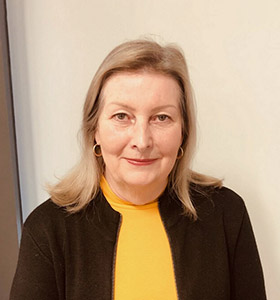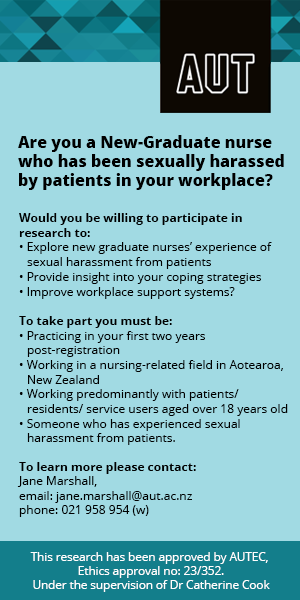
Put another way, I thought I was a well-informed and experienced nurse lecturer. A recent mistake, though, suggests that I was not as savvy as I thought. Even though I joke with my colleagues that “I made a mistake once in 1987″, I have in fact made many. I want to share the latest, even though it puts me in a poor light, in the hope that my story might help others.
I can share this now, although it has taken over 18 months for me to be able to talk about it. I joined Twitter four years ago and really enjoyed the humour and wit, and the fact that many news items appeared days before the mainstream media picked up on them. I learned new terms like “woke” and “gaslighting” and this was empowering and interesting for someone like me who loves words. One weekend, I tweeted a response to a New Zealand comedian who was clearly joking about her “plan” to confront a group of people intimidating some peaceful indigenous protesters in the United States. The clues that her plan was humorous was that, firstly, she was a comedian; secondly, two women threatening to “wave their arms around like a helicopter” wouldn’t be a particularly effective form of aggression; and thirdly we weren’t in the US.
In hindsight (and we all know about the power of hindsight) by tweeting “I’m in”, I was endorsing her message. But in my mind, I was supporting the sentiment of the comedian, who was as offended as I was about the treatment of this vulnerable group of protesters. Those two little words, though, that seemed so innocent, so fun, so witty, and so succinctly supportive, can mean something so different to others – all 47 of them by the following morning.
Doxxing is a practice whereby a person reveals identifying information or details about someone online or harasses their place of work.5 It’s designed to shame. One of those outraged people tweeted my occupation and drew attention to my profile, with derisive comments, which were quickly echoed by others. He then contacted my employer and the Nursing Council to lay a complaint that I, a nurse lecturer, was supporting violence and shared this intent online.
It felt like harassment. I was beside myself – as the main earner in my family, I could not afford to lose my job. It was classic bullying really – designed to shut me up, and it worked. I just wanted it to go away.
The complaints were quickly dismissed by my employer and the Nursing Council, as they did not meet the threshold for unprofessional behaviour by either.
While that was a good outcome, it was a very stressful and uncertain time and I don’t recommend any nurse going through it.
So, what lessons have I learned from this experience?
- Doxxing is a thing. It is dangerous and could hurt you.
- Be careful about what you put in your profile. Reassess it and update it regularly to suit your own privacy needs.
- Look at who you are inadvertently and unwittingly representing by the information you include in your profile.
- Be careful about what you say, even though it is innocently intended, or in jest. There are people out there waiting to be outraged.
- Re-read your tweet before pressing send. Once in the Twitter-sphere, it can be misinterpreted and can take on a life of its own (even two little well-intentioned words like ‘I’m in’).
- Humour is culturally constructed and what’s funny to some people might not be funny to others.
Twitter is an awesome place, but beware. As a mature and thoughtful nurse lecturer, I should have known better. I share my experience with my nursing colleagues, even though my naivety looks silly from where I stand today. And while nurses are allowed opinions, one lapse with how we express them, and how we represent ourselves and our profession can have consequences for our career, and personally.
References
- Nursing Council of New Zealand. (2012). Guidelines: Professional Boundaries.
- Nursing Council of New Zealand. (2012). Code of Conduct for nurses.
- New Zealand Nurses Organisation. (2019). Guideline – Code of Ethics, 2019.
- Nursing Council New Zealand. (2012). Guidelines: social media and electronic communication.
- Netsafe New Zealand. (2020, Dec). Doxxing.


